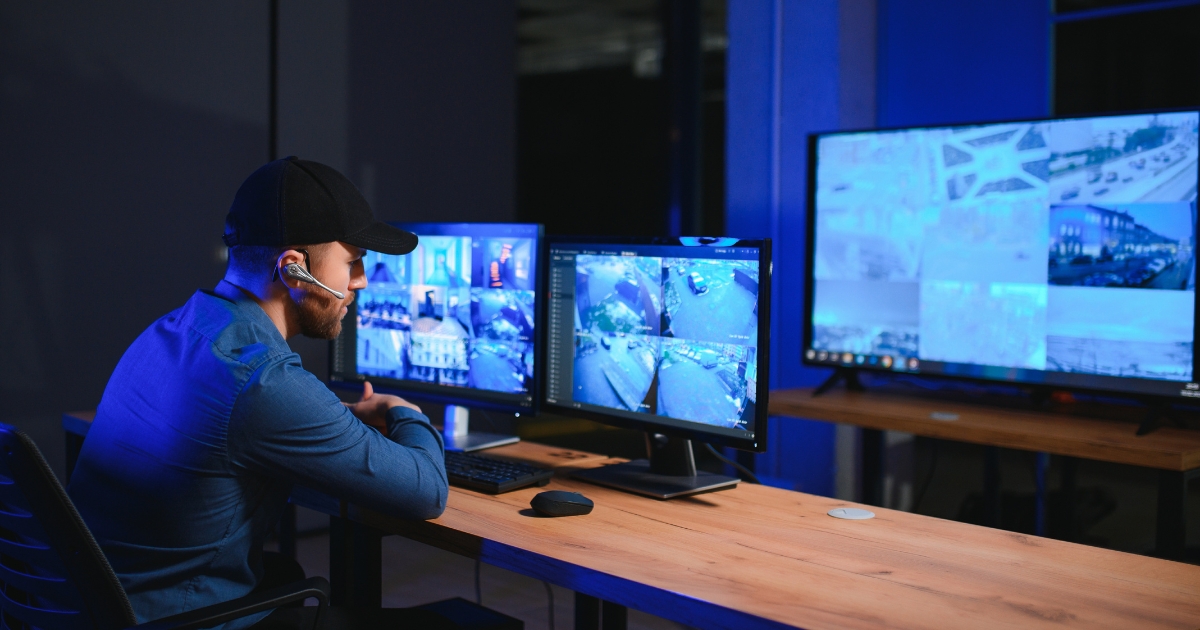Could more sleep lead to better grades?

Teenagers sleep much longer during the holidays compared to during school term, a Monash PhD candidate has found.
Sleep scientists at Monash University are measuring the effects of changes in sleep, body clock and light on teenage brains to reveal how sleep patterns influence brain function.
The Circadian Light in Adolescence, Sleep and School (CLASS) research study will look at variations in mood and academic performance and their relationships to healthy sleep.
Dr Julia Stone, a sleep researcher from the Turner Institute for Brain and Mental Health and leader of the CLASS research study, said teenagers may struggle to adapt to healthy sleep routines after school holiday breaks as they tend to have later and less regular sleep patterns than adults or younger children.
“Teens naturally experience a delay in their internal body clocks, which can lead to later bedtimes and difficulty getting up in the morning.
“This may be further exacerbated in teens transitioning to high-school. New routines, new friendship groups, and a new environment can all impact their ability to get a good night’s sleep.”
Dr Stone recommends teens prioritise a sleep routine to encourage regular sleep times.
She also highlighted the benefits of screen time limits on light-emitting devices (such as phones) and gaming into the night.
“Sleep deprivation can lead to problems such as irritability, fatigue, mood swings, difficulty concentrating, impaired school performance, stress, anxiety and even depression,” she said.
A recent study by Monash PhD candidate Linda Shen examined the sleep habits of more than 200 Year 10-12 students during school term compared to during holidays.
The results found teenagers sleep much longer during the holidays compared to during school term.
During school nights, teens rarely met the 8-10 hour healthy sleep recommendation set out by health professionals, and that the majority slept for 7.5 hours during the school term compared to 8.2 hours during the school holidays.
For more information on the CLASS study, head to classstudymonash.weebly.com.

















